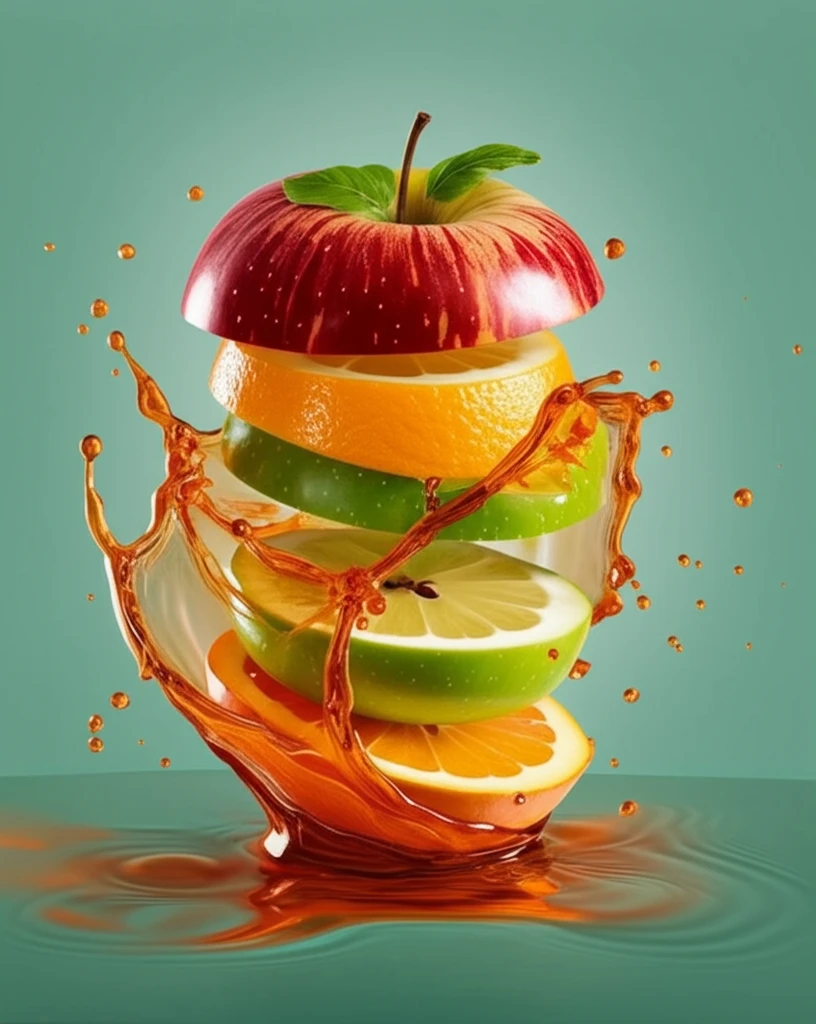
Unlock Your Senses: How Sensory Science Can Transform Your Life
"Dive into the fascinating world of sensory science and discover how understanding your senses can enhance everything from your career to your daily experiences."
Have you ever stopped to think about how much your senses influence your everyday life? From the moment you wake up to the smell of coffee to the comforting feel of your favorite blanket, your senses are constantly working to shape your perceptions and experiences. But what if you could understand and even harness the power of your senses to improve your career, health, and overall well-being? That’s where sensory science comes in.
Sensory science is a multidisciplinary field that studies how our senses—taste, smell, sight, touch, and hearing—affect our perception and interaction with the world. It’s a field that combines elements of psychology, neuroscience, food science, and marketing to understand how sensory experiences influence our decisions and behaviors. Professionals in this field, known as sensory scientists, use this knowledge to help companies create better products, improve consumer experiences, and even enhance health outcomes.
In this article, we'll explore how sensory science is applied in various industries and how you can leverage its principles to enhance your own life. Whether you’re a food enthusiast, a marketer, or simply curious about the power of your senses, this guide will provide valuable insights into the world of sensory science.
What is Sensory Science?

Sensory science is a broad field that encompasses the study of how humans perceive and respond to sensory stimuli. It involves understanding the mechanisms behind sensory perception, as well as the psychological and behavioral effects of sensory experiences. Sensory scientists use a variety of methods, including sensory evaluation, consumer testing, and neuroimaging, to gather data and draw conclusions.
- Sensory Evaluation: Using human subjects to evaluate sensory attributes like taste, smell, texture, and appearance.
- Consumer Testing: Gathering feedback from consumers on their perceptions and preferences related to sensory experiences.
- Neuroimaging: Using techniques like fMRI to study brain activity in response to sensory stimuli.
The Future of Sensory Science
As technology advances and our understanding of the senses deepens, the potential applications of sensory science will continue to grow. From personalized nutrition to virtual reality experiences, sensory science is poised to play an increasingly important role in shaping the products, environments, and experiences that define our lives. By staying informed and embracing the latest developments in sensory science, you can unlock new opportunities to enhance your career, improve your health, and enrich your daily life.
